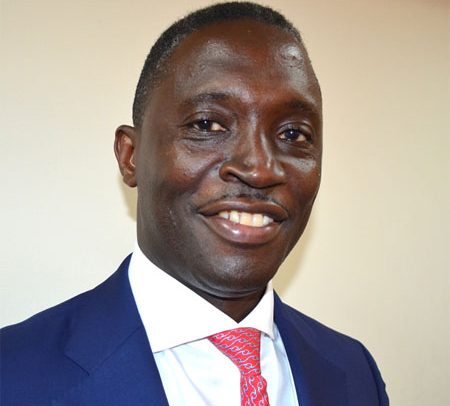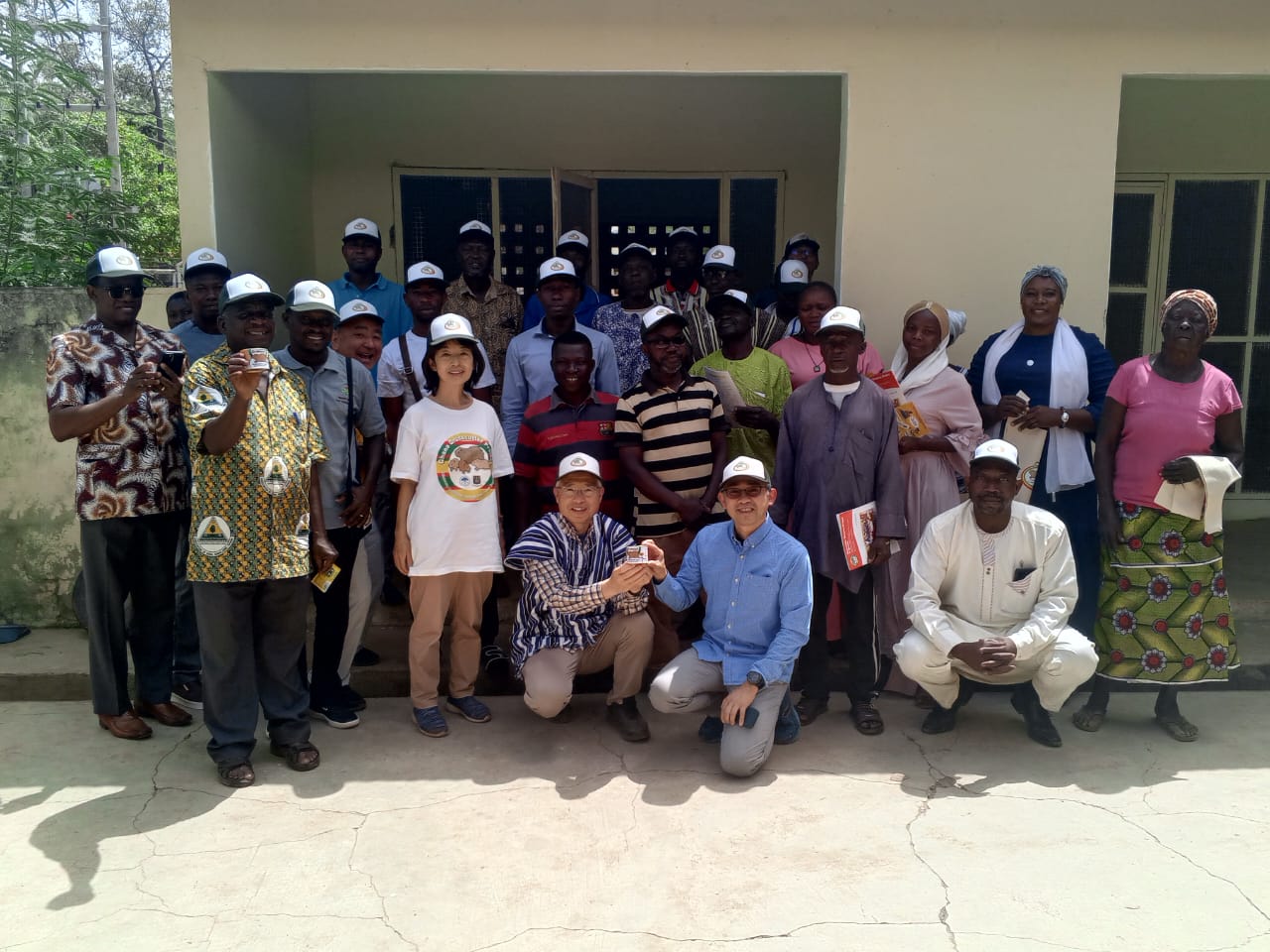

 In recent years, the issue of dormant accounts and unclaimed benefits within the Social Security and National Insurance Trust (SSNIT) has emerged as a critical concern for many families in Ghana. As an investigative journalist, I have delved into the intricate web of social security contributions, focusing on the plight of beneficiaries who remain unaware of their entitlements.
In recent years, the issue of dormant accounts and unclaimed benefits within the Social Security and National Insurance Trust (SSNIT) has emerged as a critical concern for many families in Ghana. As an investigative journalist, I have delved into the intricate web of social security contributions, focusing on the plight of beneficiaries who remain unaware of their entitlements.
The situation is alarming; countless contributors pass away, leaving behind unclaimed benefits that could provide crucial financial support to their families.
SSNIT defines dormant accounts through a Right to Information response, signed by Emmanuel Klu, Information Officer, as those belonging to members who have not made at least one valid contribution in the past 12 months. As of May 21, 2025, the total number of inactive contributors stood at around 2.75 million. These dormant accounts represent not just numbers but real lives—families waiting for assistance that may never come. The urgency of addressing this issue cannot be overstated, as it directly impacts the financial stability of many households.
A significant factor contributing to the challenge of unclaimed benefits is the very little or no communication between SSNIT and the families of deceased contributors. When a member passes away, the onus is often on the family to report the death to SSNIT. Unfortunately, many families are either unaware of this requirement or fail to take action, resulting in benefits remaining unclaimed. This disconnect raises questions about the effectiveness of SSNIT’s outreach efforts and highlights the need for more proactive measures.
The claims process for beneficiaries is fraught with obstacles. When a member’s death is reported, SSNIT conducts investigations to confirm the death and identify the beneficiaries. However, this process can be lengthy and complicated, often leading to delays in accessing funds. If beneficiaries do not come forward, the Trust attempts to reach out to family members, but these efforts are not always successful. The absence of a streamlined process for beneficiaries to claim their entitlements exacerbates the problem, leaving many families in financial limbo.
Moreover, the issue of unclaimed benefits is compounded by the policies governing survivor benefits. Under current regulations, individuals who pass away after reaching the pensionable age of 75 are not entitled to any survivor benefits, as they are deemed to have exhausted their insurable period. This policy raises ethical concerns about the treatment of contributors who have diligently paid into the system for decades, only to see their families left without support in their time of need.
Efforts to raise awareness about the importance of claiming benefits are ongoing, but they must be intensified. SSNIT has utilized social media, traditional media, and community engagement to educate the public about their rights and the claims process. However, these efforts often fall short of reaching those most in need. Collaborations with community organizations and media outlets could enhance outreach and ensure that families are informed about the necessary steps to claim their entitlements.
The statistics paint a grim picture. As of May 21, 2025, over 2.75 million contributors to SSNIT were classified as dormant, many of whom are deceased. This situation not only represents a failure of the system but also a betrayal of the trust placed in SSNIT by contributors and their families. The disconnection between the Trust and the families of deceased contributors leads to a cycle of inaction that perpetuates the crisis.
A significant aspect of the problem lies in the process of reporting a contributor’s death. The responsibility falls heavily on the family, who must notify SSNIT in order for benefits to be processed. Unfortunately, many families do not understand this requirement, leading to delays or complete inaction. The system appears to operate on the assumption that families will naturally report deaths, a premise that often fails in practice. In many cases, the grieving process renders families unable to navigate the bureaucratic hurdles required to claim benefits.
The claims process itself is riddled with challenges. Once a death is reported, SSNIT conducts investigations to confirm the details and identify beneficiaries. However, this process can take time, during which families may be left without critical financial support. If beneficiaries do not come forward, the Trust attempts to reach out to the family, but the effectiveness of these efforts are questionable. The lack of a straightforward, user-friendly claims process undoubtedly contributes to the high number of unclaimed benefits.
Furthermore, the existing policy framework governing survivor benefits poses additional challenges. Current regulations stipulate that individuals who pass away after reaching the pensionable age of 75 are not eligible for survivor benefits, as they are considered to have exhausted their insurable period. This regulation is troubling, as it effectively denies support to families who have contributed to the system for decades, leaving them vulnerable in their time of need. It raises serious ethical concerns about how SSNIT values the contributions of its members and their families.
The call for increased awareness and education surrounding the claims process is urgent. SSNIT has made efforts to utilize various media channels and community engagements to inform the public about their rights and the steps necessary to claim benefits. Yet, these initiatives often fall short of reaching those who need them most. Greater collaboration with community organizations and media partners could significantly enhance outreach efforts, ensuring that families are aware of their entitlements and the necessary processes to claim them.
As the crisis deepens, the implications for families are profound. Many households are left in precarious financial situations, struggling to make ends meet while waiting for unclaimed benefits that could provide essential support. This situation not only affects the immediate financial stability of these families but also erodes trust in the entire social security system. Workers across the nation are left wondering whether their contributions are safe and whether those in leadership positions are truly acting in their best interests.
The long-term consequences of this crisis could be detrimental to the future of pension management in Ghana. If contributors lose faith in the system designed to protect their financial well-being, it could lead to increased skepticism and disengagement from the very social security system that is meant to safeguard their futures. The erosion of trust in SSNIT could have ripple effects, undermining the foundation of social security in the country.
In summary, the crisis of unclaimed benefits and dormant accounts within SSNIT represents a significant challenge that requires immediate action. As the number of contributors who pass away continues to rise, so too does the amount of unclaimed benefits, which could provide essential support to families in distress.
A comprehensive reevaluation of outreach strategies, claims processes, and policy frameworks is essential to honour the contributions of individuals and provide the support their families deserve. The time for action is now, and it is imperative that SSNIT addresses these issues with urgency and transparency, fostering a social security system that truly serves the needs of all its contributors.
The path forward must prioritize the voices of beneficiaries and their families, ensuring that the system is responsive to their needs. By implementing reforms, enhancing communication, and fostering collaboration with community stakeholders, SSNIT can begin to restore confidence in its operations.
As Ghanaians await the necessary changes, it is crucial that this crisis catalyzes a fundamental transformation within SSNIT—one that safeguards the financial well-being of its contributors and restores trust in the institution as a whole. In a nation where the futures of countless workers depend on the prudence and integrity of SSNIT, the stakes have never been higher.
By Innocent Samuel Appiah
The post Unclaimed benefits: The crisis of 2.75 million dormant SSNIT accounts appeared first on Ghana Business News.
Read Full Story
















Facebook
Twitter
Pinterest
Instagram
Google+
YouTube
LinkedIn
RSS